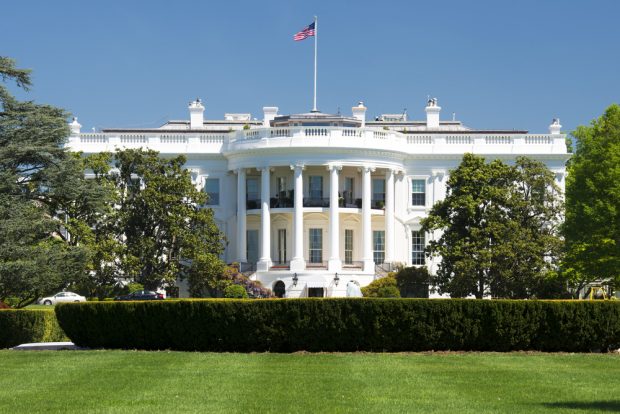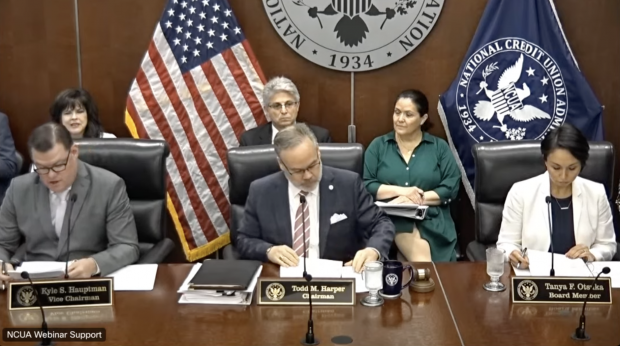Defendants in the litigation flowing from the liquidation of theWestern Federal Corporate Credit Union have served notice thatthey want to depose the NCUA in the case.
According to documents filed by the U.S. District Court for theCentral District of California under Judge George Wu, thedefendants, Robert Siravo, Todd Lane, Robert Burrell, ThomasSwedberg and Timothy Sidley, are seeking to question agency staffabout mortgage-backed securities WesCorp purchased from J.P. MorganSecurities, RBS Securities and Goldman Sachs & Co.
Specifically, the defendants want to question the agency about“the history, formation, risk, popularity, public perception andindustry perception” of residential mortgage-backed securities,private-label MBS and option arm MBS purchased between 2000–2007.In addition, they want to know the extent that CUs and corporateCUs purchased those securities to diversify their investmentsduring that period.
Continue Reading for Free
Register and gain access to:
- Breaking credit union news and analysis, on-site and via our newsletters and custom alerts.
- Weekly Shared Accounts podcast featuring exclusive interviews with industry leaders.
- Educational webcasts, white papers, and ebooks from industry thought leaders.
- Critical coverage of the commercial real estate and financial advisory markets on our other ALM sites, GlobeSt.com and ThinkAdvisor.com.
Already have an account? Sign In Now
© 2024 ALM Global, LLC, All Rights Reserved. Request academic re-use from www.copyright.com. All other uses, submit a request to [email protected]. For more information visit Asset & Logo Licensing.









